AI Legal Tech: iLevel.ai’s Approach to Accuracy and Reliability
The legal sector is transforming with artificial intelligence (AI) integration. Platforms like iLevel.ai aim to support legal professionals, yet concerns about precision, dependability, and ethical issues persist. This article examines iLevel.ai’s distinctive AI methodology, addresses concerns about AI inaccuracies, and offers a balanced view on its role in the legal field. We also analyze a notable recent case and its implications for AI’s future in legal practice. Discover the insights needed to understand AI’s impact and its role in redefining the legal landscape.
Key Highlights
iLevel.ai strives to deliver accurate and dependable AI tools for the legal sector, reducing errors known as 'hallucinations.'
The platform emphasizes training AI with proprietary data, enhancing factual precision for specific legal matters.
A high-profile case involving Fugees rapper Pras Michel has spotlighted AI’s role in legal defense strategies.
Debate continues on the effectiveness of AI in courtroom applications.
AI serves as a valuable asset for legal professionals but cannot replace their critical judgment and expertise.
Navigating AI’s Role in the Legal Field
What is iLevel.ai?
iLevel.ai is a tech company dedicated to creating 'truth-focused AI' solutions for industries, including law.
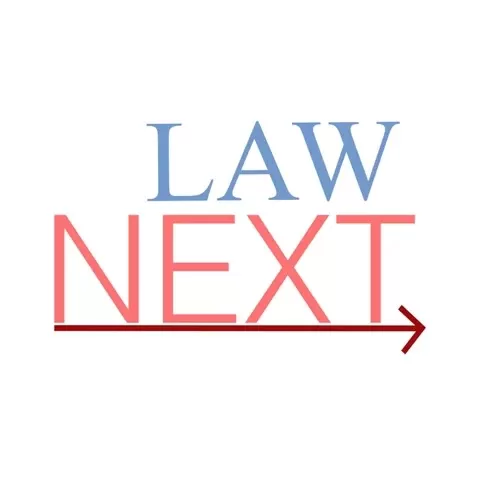
It focuses on developing AI that minimizes 'hallucinations'—instances where AI produces false or misleading information. By training models with proprietary data, iLevel.ai delivers precise and reliable insights for targeted applications. It supports ideation and drafting initial documents but acts solely as an aid, not a replacement for legal professionals.
The 'Truth-Focused AI' Strategy: Tackling Inaccuracies
Accuracy is critical in the legal field, where misinformation can lead to serious consequences. iLevel.ai prioritizes factual reliability, noting that many AI tools rely on broad, internet-sourced datasets that may include errors or biases.
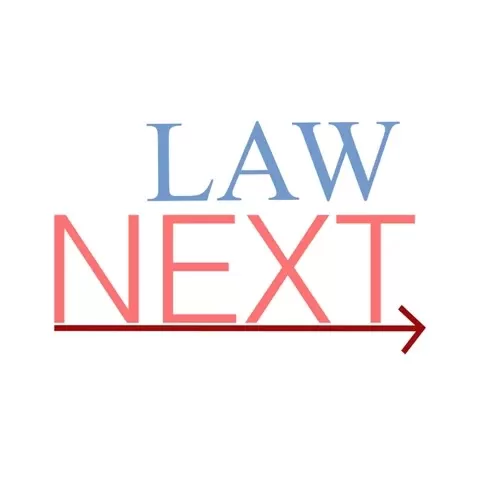
By leveraging proprietary data, iLevel.ai avoids common inaccuracies. Its AI is designed with multiple layers to suppress errors, ensuring dependable outputs for legal professionals.
Inside the RAG System: Boosting AI Precision
iLevel.ai employs a Retrieval-Augmented Generation (RAG) system.
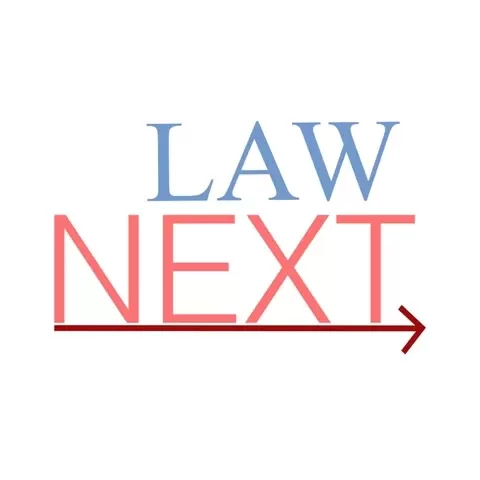
According to iLevel.ai co-founder Neil Katz, this system addresses technical issues causing inaccuracies. RAG processes text or documents into manageable segments drawn from user-specific data. This enables AI to access precise information, reducing dependence on potentially flawed general knowledge. The system understands context fully, allowing consistent application across data segments, aiding attorneys in crafting compelling arguments. iLevel.ai also interprets documents and integrates data into legal teams’ systems, streamlining their workflows.
Evaluating iLevel.ai’s Offerings
Core Capabilities
iLevel.ai highlights two primary features:
- Error-Free Outputs: It claims to eliminate inaccuracies.
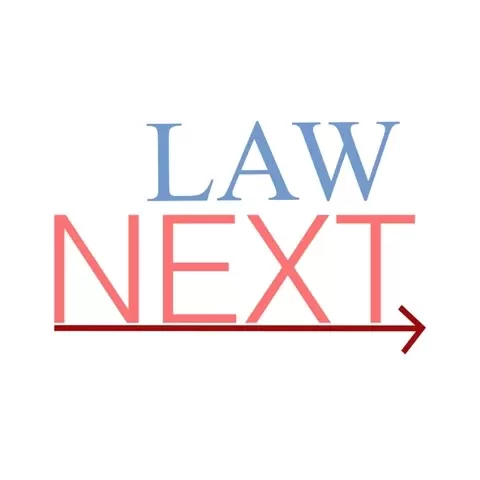
- Proprietary Data Integration: Users can input private data to generate highly accurate results tailored to their needs.
Limitations of iLevel.ai
While iLevel.ai has a promising concept, it faces challenges. The platform relies on external code rather than fully in-house AI development, which may introduce dependencies. Though it uses proprietary data, some external data reliance persists. Additionally, AI outputs require thorough review to ensure accuracy, as errors remain possible.
Weighing the Benefits and Drawbacks of iLevel.ai in Legal Practice
Advantages
Minimized risk of AI-generated errors and misinformation.
Enhanced precision and reliability in legal research and analysis.
Improved efficiency in legal processes.
Stronger support for legal practices.
AI can assist in drafting closing statements for trials.
Disadvantages
Dependence on specific datasets may limit the AI’s broader knowledge scope.
Legal experts must retain decision-making authority.
Over-reliance on AI could lead to suboptimal outcomes.
Common Questions About AI in Legal Work
Can iLevel.ai replace lawyers?
No, iLevel.ai is designed to assist legal professionals with ideation, drafting, and data analysis. It does not substitute for human expertise, critical thinking, or ethical decision-making.
How can I ensure AI accuracy in legal work?
Always cross-check AI outputs with trusted sources, consult legal databases, and apply your own legal knowledge to make informed decisions.
What ethical issues arise with AI in legal practice?
Key concerns include privacy, bias, and accountability. Use AI responsibly, safeguard client data, and address potential algorithmic biases.
Related Legal Questions
Are AI-generated documents admissible in court?
The admissibility of AI-generated documents varies by jurisdiction and case specifics. Courts require human oversight to verify AI outputs. Factors like AI reliability, training data quality, and human involvement in document creation are critical. For admissibility, documents must be relevant, authentic, and compliant with evidence rules. Parties must prove the AI’s accuracy and the integrity of its training data, while addressing accountability for any inaccuracies.
Related article
 Former OpenAI Engineer Shares Insights on Company Culture and Rapid Growth
Three weeks ago, Calvin French-Owen, an engineer who contributed to a key OpenAI product, left the company.He recently shared a compelling blog post detailing his year at OpenAI, including the intense
Former OpenAI Engineer Shares Insights on Company Culture and Rapid Growth
Three weeks ago, Calvin French-Owen, an engineer who contributed to a key OpenAI product, left the company.He recently shared a compelling blog post detailing his year at OpenAI, including the intense
 AI-Powered Translation Enhances Global Business Communication
In today's interconnected world, seamless cross-language communication is vital for success. DeepL leads the charge, leveraging cutting-edge artificial intelligence to streamline multilingual interact
AI-Powered Translation Enhances Global Business Communication
In today's interconnected world, seamless cross-language communication is vital for success. DeepL leads the charge, leveraging cutting-edge artificial intelligence to streamline multilingual interact
 Test Your AI Expertise at TechCrunch Sessions: AI for Exclusive Ticket Deals
Can you name the AI that defeated a human champion in Go? Or identify the company behind the Transformer architecture driving today’s language models? Prove your expertise and unlock two tickets for t
Comments (0)
0/200
Test Your AI Expertise at TechCrunch Sessions: AI for Exclusive Ticket Deals
Can you name the AI that defeated a human champion in Go? Or identify the company behind the Transformer architecture driving today’s language models? Prove your expertise and unlock two tickets for t
Comments (0)
0/200
The legal sector is transforming with artificial intelligence (AI) integration. Platforms like iLevel.ai aim to support legal professionals, yet concerns about precision, dependability, and ethical issues persist. This article examines iLevel.ai’s distinctive AI methodology, addresses concerns about AI inaccuracies, and offers a balanced view on its role in the legal field. We also analyze a notable recent case and its implications for AI’s future in legal practice. Discover the insights needed to understand AI’s impact and its role in redefining the legal landscape.
Key Highlights
iLevel.ai strives to deliver accurate and dependable AI tools for the legal sector, reducing errors known as 'hallucinations.'
The platform emphasizes training AI with proprietary data, enhancing factual precision for specific legal matters.
A high-profile case involving Fugees rapper Pras Michel has spotlighted AI’s role in legal defense strategies.
Debate continues on the effectiveness of AI in courtroom applications.
AI serves as a valuable asset for legal professionals but cannot replace their critical judgment and expertise.
Navigating AI’s Role in the Legal Field
What is iLevel.ai?
iLevel.ai is a tech company dedicated to creating 'truth-focused AI' solutions for industries, including law.

It focuses on developing AI that minimizes 'hallucinations'—instances where AI produces false or misleading information. By training models with proprietary data, iLevel.ai delivers precise and reliable insights for targeted applications. It supports ideation and drafting initial documents but acts solely as an aid, not a replacement for legal professionals.
The 'Truth-Focused AI' Strategy: Tackling Inaccuracies
Accuracy is critical in the legal field, where misinformation can lead to serious consequences. iLevel.ai prioritizes factual reliability, noting that many AI tools rely on broad, internet-sourced datasets that may include errors or biases.

By leveraging proprietary data, iLevel.ai avoids common inaccuracies. Its AI is designed with multiple layers to suppress errors, ensuring dependable outputs for legal professionals.
Inside the RAG System: Boosting AI Precision
iLevel.ai employs a Retrieval-Augmented Generation (RAG) system.

According to iLevel.ai co-founder Neil Katz, this system addresses technical issues causing inaccuracies. RAG processes text or documents into manageable segments drawn from user-specific data. This enables AI to access precise information, reducing dependence on potentially flawed general knowledge. The system understands context fully, allowing consistent application across data segments, aiding attorneys in crafting compelling arguments. iLevel.ai also interprets documents and integrates data into legal teams’ systems, streamlining their workflows.
Evaluating iLevel.ai’s Offerings
Core Capabilities
iLevel.ai highlights two primary features:
- Error-Free Outputs: It claims to eliminate inaccuracies.
- Proprietary Data Integration: Users can input private data to generate highly accurate results tailored to their needs.

Limitations of iLevel.ai
While iLevel.ai has a promising concept, it faces challenges. The platform relies on external code rather than fully in-house AI development, which may introduce dependencies. Though it uses proprietary data, some external data reliance persists. Additionally, AI outputs require thorough review to ensure accuracy, as errors remain possible.
Weighing the Benefits and Drawbacks of iLevel.ai in Legal Practice
Advantages
Minimized risk of AI-generated errors and misinformation.
Enhanced precision and reliability in legal research and analysis.
Improved efficiency in legal processes.
Stronger support for legal practices.
AI can assist in drafting closing statements for trials.
Disadvantages
Dependence on specific datasets may limit the AI’s broader knowledge scope.
Legal experts must retain decision-making authority.
Over-reliance on AI could lead to suboptimal outcomes.
Common Questions About AI in Legal Work
Can iLevel.ai replace lawyers?
No, iLevel.ai is designed to assist legal professionals with ideation, drafting, and data analysis. It does not substitute for human expertise, critical thinking, or ethical decision-making.
How can I ensure AI accuracy in legal work?
Always cross-check AI outputs with trusted sources, consult legal databases, and apply your own legal knowledge to make informed decisions.
What ethical issues arise with AI in legal practice?
Key concerns include privacy, bias, and accountability. Use AI responsibly, safeguard client data, and address potential algorithmic biases.
Related Legal Questions
Are AI-generated documents admissible in court?
The admissibility of AI-generated documents varies by jurisdiction and case specifics. Courts require human oversight to verify AI outputs. Factors like AI reliability, training data quality, and human involvement in document creation are critical. For admissibility, documents must be relevant, authentic, and compliant with evidence rules. Parties must prove the AI’s accuracy and the integrity of its training data, while addressing accountability for any inaccuracies.
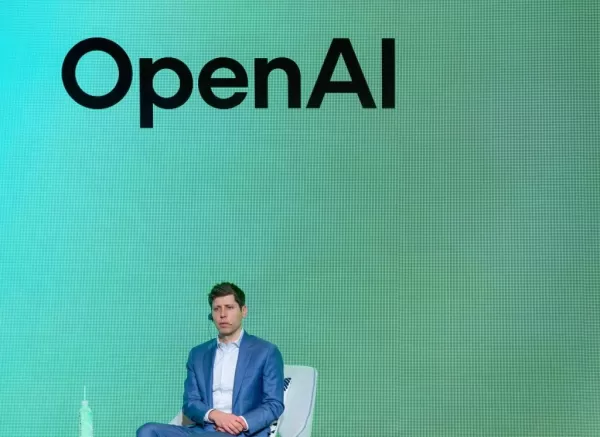 Former OpenAI Engineer Shares Insights on Company Culture and Rapid Growth
Three weeks ago, Calvin French-Owen, an engineer who contributed to a key OpenAI product, left the company.He recently shared a compelling blog post detailing his year at OpenAI, including the intense
Former OpenAI Engineer Shares Insights on Company Culture and Rapid Growth
Three weeks ago, Calvin French-Owen, an engineer who contributed to a key OpenAI product, left the company.He recently shared a compelling blog post detailing his year at OpenAI, including the intense
 AI-Powered Translation Enhances Global Business Communication
In today's interconnected world, seamless cross-language communication is vital for success. DeepL leads the charge, leveraging cutting-edge artificial intelligence to streamline multilingual interact
AI-Powered Translation Enhances Global Business Communication
In today's interconnected world, seamless cross-language communication is vital for success. DeepL leads the charge, leveraging cutting-edge artificial intelligence to streamline multilingual interact
 Test Your AI Expertise at TechCrunch Sessions: AI for Exclusive Ticket Deals
Can you name the AI that defeated a human champion in Go? Or identify the company behind the Transformer architecture driving today’s language models? Prove your expertise and unlock two tickets for t
Test Your AI Expertise at TechCrunch Sessions: AI for Exclusive Ticket Deals
Can you name the AI that defeated a human champion in Go? Or identify the company behind the Transformer architecture driving today’s language models? Prove your expertise and unlock two tickets for t





























